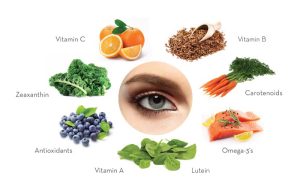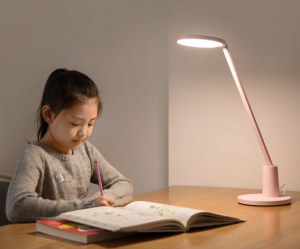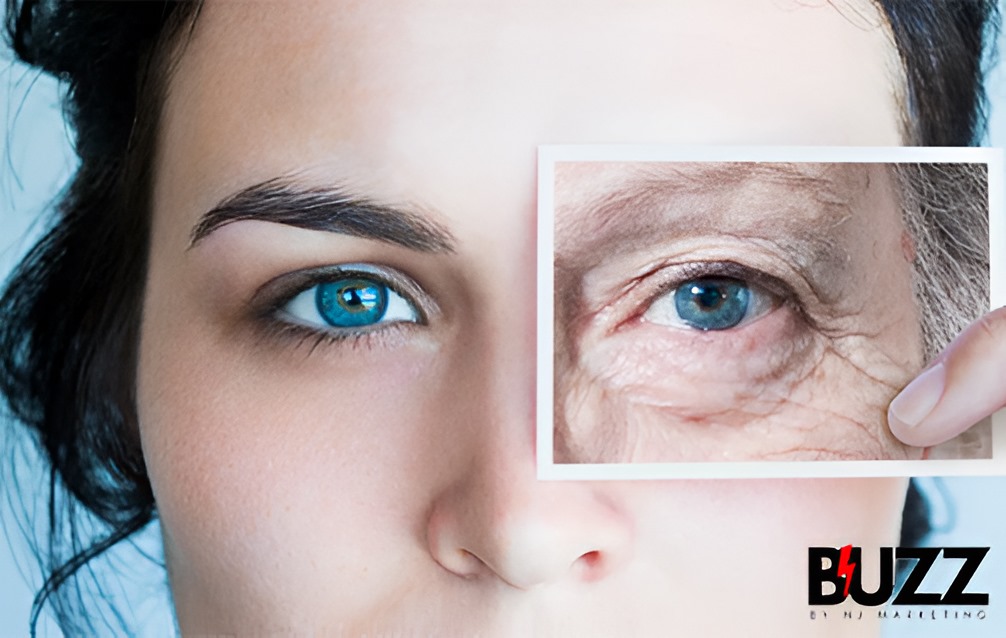Growing older is a wonderful aspect of life because it brings with it more wisdom, memories, and experiences. However, our eyes also change over time. Perhaps it’s harder to read fine print now, or screens hurt your eyes after a long day. These are subliminal indicators that your eyes require a little extra tenderness and attention.
The finest aspect? Expensive supplements and fancy treatments are not necessary for protecting your vision. Simple routines that are maintained have a significant impact. These minor daily decisions help you see the world clearly, both now and in the future, regardless of your age.
Let’s explore ten simple, practical ways to keep your eyes healthy as you get older.
Understanding How Eyes Change with Age
Before we jump into the tips, let’s quickly understand what’s really happening behind those lenses.
As we age, our eyes naturally change. Some common effects include:
- Presbyopia: Difficulty focusing on nearby objects, often starting in your 40s.
- Dry eyes: Fewer tears mean more irritation and redness.
- Cataracts: The lens of your eye becomes cloudy over time, blurring your vision.
- Macular degeneration and glaucoma: Conditions that can slowly affect your central or side vision.
You can’t completely stop these changes, but you can absolutely slow them down and protect your eyes with smart daily choices.
Get Your Eyes Checked Regularly
You’d be surprised how many eye problems sneak up without warning. Diseases like glaucoma and macular degeneration can develop silently until vision is seriously affected.
That’s why regular, comprehensive eye exams are your best defense.
Here’s what to keep in mind:
- Get your eyes checked every 1–2 years.
- Ask for a dilated exam, which gives doctors a better look at your retina and optic nerve.
- If you have diabetes, high blood pressure, or a family history of eye disease, go yearly.
- A simple appointment today could save your sight years down the line.
Eat Like Your Eyes Depend on It
What you eat directly affects how your eyes perform and age. A balanced, colorful diet can help prevent cataracts and macular degeneration.
Best foods for healthy eyes:
- Leafy greens like spinach and kale, packed with lutein and zeaxanthin.
- Oily fish such as salmon and tuna, rich in omega-3s for tear production.
- Carrots, eggs, and sweet potatoes, loaded with vitamin A.
- Citrus fruits and nuts, full of antioxidants like vitamin C and E.

Think of it this way: if it’s bright and colorful on your plate, it’s probably great for your eyes.
Don’t Forget Sunglasses – Even on Cloudy Days
Your eyes are just as vulnerable to UV rays as your skin. Over time, sun exposure can speed up cataract formation and damage your retina.
Protect your eyes by:
- Wearing UV-blocking sunglasses (look for 99–100% UVA/UVB protection).
- Adding a wide-brimmed hat for bonus shade.
- Avoid direct sunlight and bright reflections from water or snow.

Sunglasses aren’t just a fashion statement, they’re a shield for your future vision.
Give Your Eyes a Break from Screens
Whether it’s work, study, or Netflix, screens are part of life. But staring at them for too long leads to digital eye strain, dryness, headaches, and blurred vision.
Follow the 20-20-20 rule:
- Every 20 minutes, look at something 20 feet away for 20 seconds.
Extra eye-saving habits:
- Blink often, we blink 60% less when using screens.
- Keep your screen about an arm’s length away.
- Adjust brightness and use night mode in dim light.
- Tiny breaks can make a big difference for your comfort and long-term eye health.
Keep Your Health in Check
Your eyes are connected to the rest of your body, more than you might think. Conditions like diabetes, high blood pressure, and high cholesterol can harm the tiny blood vessels in your eyes.
To protect your sight:
- Eat balanced meals and maintain a healthy weight.
- Stay active, even daily walks help circulation.
- Get enough sleep (7–8 hours) so your eyes can rest and repair.
- A healthy lifestyle is the best vision insurance you’ll ever have.
Stay Hydrated and Beat Dry Eyes
Dry eyes are one of the most common issues as we age. That scratchy, burning feeling? It’s your eyes asking for moisture.
Here’s how to help them out:
- Drink water regularly, dehydration worsens dryness.
- Use a humidifier if you live in a dry climate.
- Avoid direct air from fans or AC vents.
- Try artificial tears if your eyes feel dry or tired.
If the dryness continues, it’s worth checking with your doctor, sometimes it’s more than just dehydration.
Wear Eye Protection When It Matters
A quick home project or a game of racquetball might not seem dangerous, but thousands of eye injuries happen every year during these everyday activities.
Protect yourself by:
- Wearing safety goggles when using tools, mowing the lawn, or handling chemicals.
- Choosing impact-resistant eyewear for sports.
- Your eyes are irreplaceable, treat them like it.

Say Goodbye to Smoking
Smoking doesn’t just harm your lungs; it’s also one of the biggest threats to your eyes. It increases your risk of cataracts, macular degeneration, and optic nerve damage.
When you quit smoking, your body (and eyes) start healing almost immediately.
Need a little help?
- Try nicotine patches or gum.
- Join a support group or use a quit-smoking app.
- Talk to your doctor about personalized strategies.
- Every smoke-free day strengthens your vision and your overall health.
Be Kind to Your Eyes
It’s tempting to rub your eyes when they’re tired or itchy, but it’s one of the worst habits for your vision.
Here’s why: rubbing can cause tiny scratches, spread bacteria, and even damage your cornea.
Instead:
- Use a cool, damp cloth for relief.
- Wash your hands before touching your eyes or contact lenses.
- Replace eye makeup every few months and remove it before bed.
- Gentle care today means fewer infections and irritation tomorrow.
Adjust Your Lighting
Your eyes work hard to focus, don’t make them strain unnecessarily.
Lighting tips for easy reading and working:
- Use soft, indirect light instead of harsh glare.
- Position lamps behind or beside you, not directly in your line of sight.
- Increase text size and contrast on screens or e-readers.
- Reduce glare with anti-reflective coatings or filters.
- Small changes in lighting can make your daily routines much more comfortable.

Bonus Tip – Prioritize Sleep
Sleep isn’t just rest for your body, it’s recovery time for your eyes too. When you’re sleep-deprived, your eyes feel dry, tired, and unfocused.
Aim for 7–8 hours of sleep each night, and give your eyes the downtime they deserve.
When to See a Doctor
Don’t ignore warning signs like:
- Blurry or double vision.
- Persistent redness or pain.
- Sudden vision loss or flashes of light.
These can signal serious issues that need immediate attention. Early care saves sight.
Key Takeaways
- Regular checkups prevent major eye problems.
- A colorful diet = a stronger vision.
- Protect your eyes from UV rays and screens.
- Stay hydrated and keep your whole body healthy.
- Don’t smoke, rest your eyes, and use proper lighting.
Your eyes let you see the world, the faces you love, the sunsets you admire, the stories you read. Caring for them is one of the best long-term investments you can make in yourself.
Start small: schedule that eye exam, drink more water, wear your sunglasses. Each tiny habit adds up, helping you enjoy life with a clear, vibrant vision for years to come.
Don’t Miss Out Our Blog Post: How to Create a Productive Morning Routine for a Balanced Lifestyle


